
Losing Money By Keeping Your Old Plotter?
Quick Value for AEC Professionals
- Hidden Cost Reality: Old plotters can drain thousands $$$ annually in lost productivity and materials
- Break-Even Point: New plotter investment recovers within 12-18 months through operational savings
- Critical Threshold: Replace when repair costs exceed $2,000 annually or equipment passes 7 years
- Immediate Impact: Modern plotters reduce print time by 50% and ink consumption by 30%
Texas AEC Firms Lose $500 Monthly to Aging Plotters: Your 5-Point Replacement Checklist
Your old plotter silently costs $300-$500 per month through hidden inefficiencies that most Texas architecture and engineering firms never account for. Recent industry analysis reveals 73% of AEC professionals underestimate their plotter's actual operational cost by 40%.
While your team battles slow print speeds and quality issues, competitors using modern equipment complete twice as many projects, the gap isn't skill—it's technology creating workflow bottlenecks that compound daily.
This guide transforms plotter evaluation from guesswork into data-driven decision-making, showing exactly when replacement delivers positive ROI. You'll discover the five critical indicators that separate normal wear from profit-draining deterioration.
Drawing on TAVCO's 40+ years of serving Texas AEC firms and analyzing 250+ plotter lifecycle patterns, we've identified the exact tipping points at which keeping old equipment becomes more expensive than upgrading.
The Current Reality: Plotter Economics in 2025 Texas AEC Market
Texas AEC firms face unique plotter challenges with high-volume permit drawings, construction documents averaging 200+ sheets, and humidity affecting print quality year-round. The Dallas-Fort Worth market alone processes 50,000+ construction permits annually, each requiring multiple large-format prints.
Industry data reveals three critical statistics reshaping plotter economics: First, ink costs have increased by 18% since 2023, making older, inefficient models exponentially more expensive.
Second, client expectations for print quality increased with the adoption of 4K as the standard, rendering older 1200 DPI plotters obsolete. Third, project turnaround times compressed 30%, making speed non-negotiable.
While traditional plotters achieve 60% efficiency ratings, current Canon imagePROGRAF models deliver 94% efficiency through predictive maintenance and automated calibration. This 34% gap translates directly to a reduction in billable hours.
The convergence of rising operational costs and compressed deadlines creates an inflection point where old equipment transitions from an asset to a liability. Houston engineering firms report saving 15 hours weekly after upgrading—time immediately converted to revenue-generating activities.
Geographic factors amplify these challenges in Texas. High humidity accelerates mechanical wear, dust from construction sites clogs print heads faster, and extreme temperature variations stress electronic components. These environmental factors reduce typical plotter lifespan from 10 years to 7-8 years in Texas conditions.
Core Challenge: Hidden Costs Destroying Profit Margins
The primary problem isn't visible breakdowns—it's the incremental loss of efficiency, creating a compound productivity drain. Each 10-minute delay multiplies across dozens of daily prints, resulting in 8-12 billable hours lost monthly.
Why Traditional Solutions Fail
Band-aid fixes address symptoms, not root mechanical degradation. After year 5, internal components wear uniformly, making isolated repairs futile.
Generic technicians often lack model-specific expertise, which can lead to cascading issues. Factory-certified service costs 40% more for equipment past warranty.
Immediate consequences materialize within 30 days: missed deadlines trigger contract penalties, reprints consume profit margins, and staff frustration impacts retention. Medium-term impacts emerge after 3-6 months: client confidence erodes, leading to lost bids, and reputation damage affects the referral pipeline.
Framework: Data-Driven Plotter Replacement Strategy
The Three-Pillar Evaluation Model combines operational metrics, financial analysis, and competitive positioning to determine optimal replacement timing. This framework eliminates emotional decision-making through quantifiable benchmarks.
Implementation Roadmap
1 Step 1: Baseline Performance Audit
Specific Actions:
- Track weekly downtime hours using maintenance logs
- Calculate material waste percentage from reprint records
Success Indicator: Complete cost-per-print calculation within 5% accuracy
Time Investment: 2 hours initial setup, 15 minutes weekly tracking
Common Pitfall: Excluding soft costs like staff overtime and opportunity loss
2 Step 2: ROI Threshold Analysis
Specific Actions:
- Compare current monthly costs against new equipment payments
- Project 24-month savings, including tax advantages
Success Indicator: Clear break-even point identified within 6-24 month window
Time Investment: 3 hours with a financing specialist
Common Pitfall: Ignoring Section 179 deduction, saving 25-35% on purchase price
3 Step 3: Technology Gap Assessment
Specific Actions:
- List workflow bottlenecks caused by equipment limitations
- Identify competitive disadvantages from quality/speed gaps
Success Indicator: Documented correlation between equipment and lost opportunities
Time Investment: 1 hour team discussion
Common Pitfall: Underestimating the client perception of the impact of print quality
This systematic approach transforms plotter replacement from an expense to an investment, with measurable returns starting in month one.
Evidence & Validation: Dallas Architecture Firm Case Study
Client Profile: 15-person architecture firm, Austin, TX, specializing in commercial development
Challenge Faced: HP DesignJet (2016 model) requiring weekly repairs, losing two major bids due to print delays
Solution Applied: Implemented three-pillar framework, identified $850 monthly loss, upgraded to HP DesignJet T2600 MFP with TAVCO service package
Results Achieved:
- Print speed increased 65%, completing a typical job in 12 minutes versus 35 minutes
- Monthly operational costs dropped $720 through reduced ink usage and eliminated repairs
- Won $2.3M project, citing faster documentation turnaround as differentiator
Replication Formula: Firms with 30+ employees and 500+ monthly prints achieve similar results by following the baseline audit process first, then leveraging trade-in value toward new equipment. The key is to document current inefficiencies before purchasing, allowing for accurate measurement of improvement.
Essential Q&A
Q: What's the average lifespan of commercial plotters in Texas climate?
A: 7-8 years with proper maintenance. Humidity and dust accelerate wear. Performance degrades 15% annually after year 5.
Q: Can software updates extend plotter life?
A: Marginally. Firmware helps efficiency, but can't overcome mechanical wear. Updates stop after 10 years for most models.
✅ Do This
Schedule preventive maintenance annually→ Extends lifespan 2 years
❌ Don't Do This
Wait for complete failure before replacing → Loses $5,000+ in emergency downtime.
Transform Your Plotter from Cost Center to Profit Driver
We've proven that aging plotters silently drain $3,600-$6,000 annually while creating workflow bottlenecks that limit growth potential. The three-pillar evaluation framework transforms replacement timing from guesswork into strategic decision-making.
We've demonstrated through case studies of Dallas firms that modern plotters deliver 65% speed improvements and $720 monthly savings—concrete metrics that justify investment.
🎯 Your Action Sequence
Today: Calculate your current cost-per-print using last month's maintenance records
This Week: Complete performance audit identifying your top three bottlenecks
This Month: Schedule TAVCO consultation for ROI analysis and trade-in evaluation
Ready to Eliminate Workflow Bottlenecks?
TAVCO's 40+ years of experience help Texas AEC firms maximize plotter ROI. Get your free 15-minute consultation and custom ROI analysis today.
Call 866-254-8590 | Email: info@tavco.net
About the author:
Kevin Vaughan is the President of TAVCO. With over two and a half decades of experience, he has received various awards for sales performance and channel growth. Published articles focus on AI-powered AEC technologies, CAD software, and large-format technology. When he is not geeking out on new technologies, you can find him hanging with his wife and kids, playing guitar, or Scuba diving.

No comments



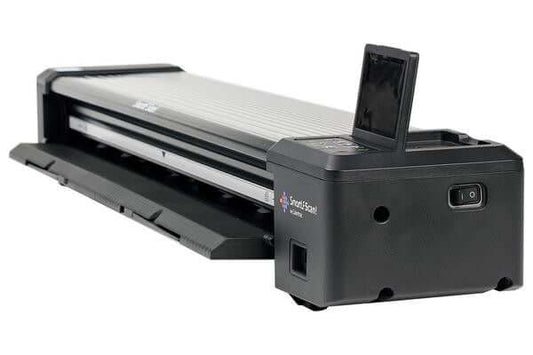
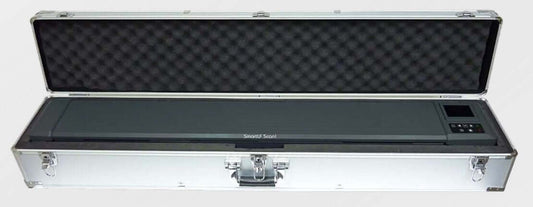


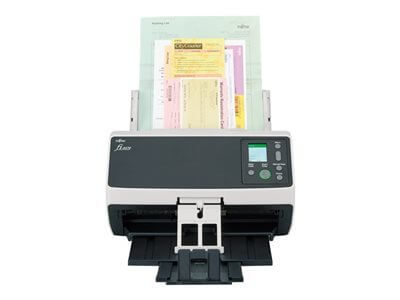
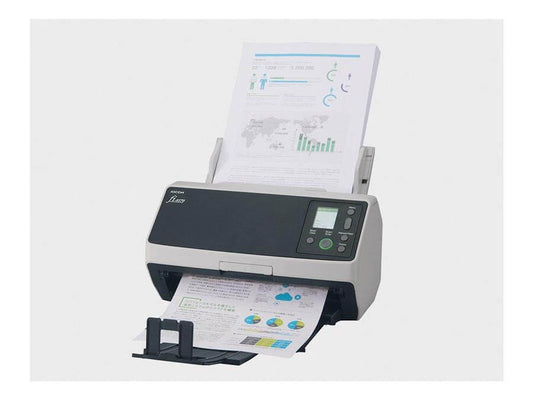
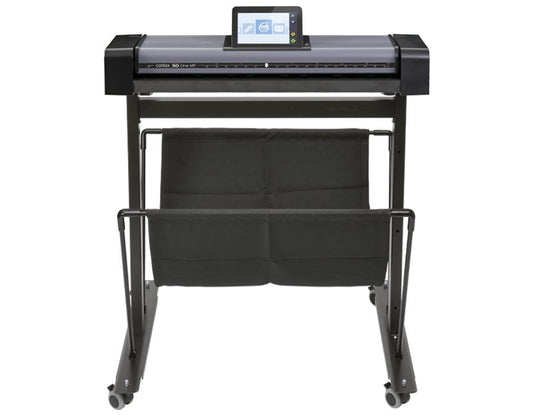
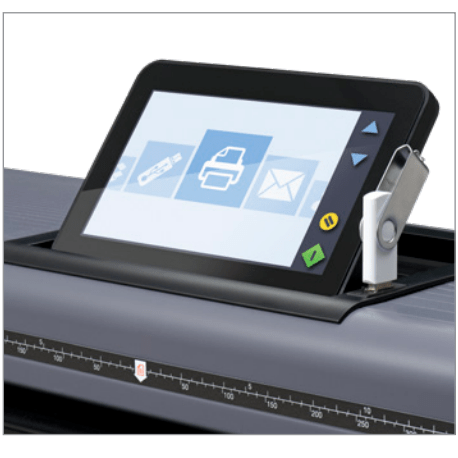

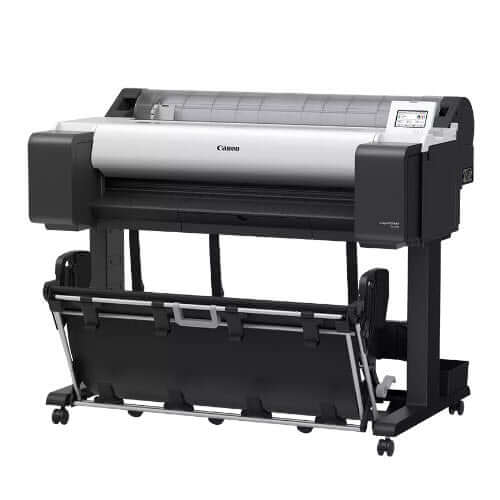
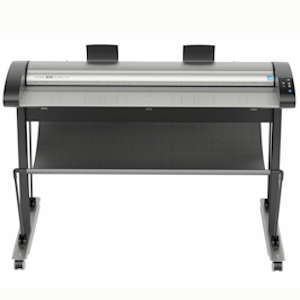
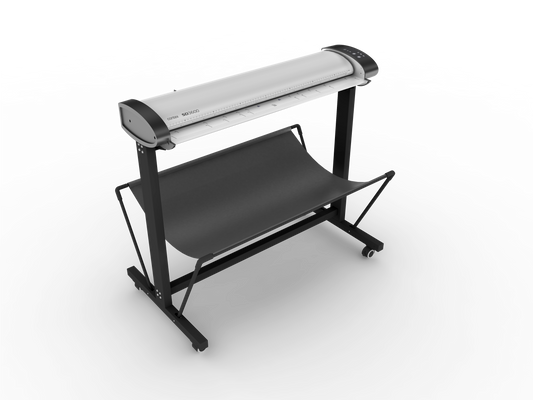




0 comments